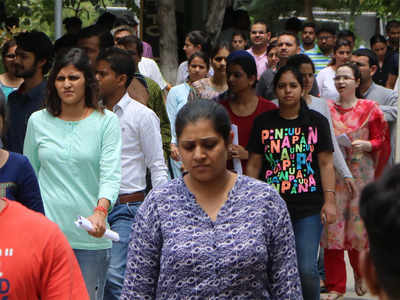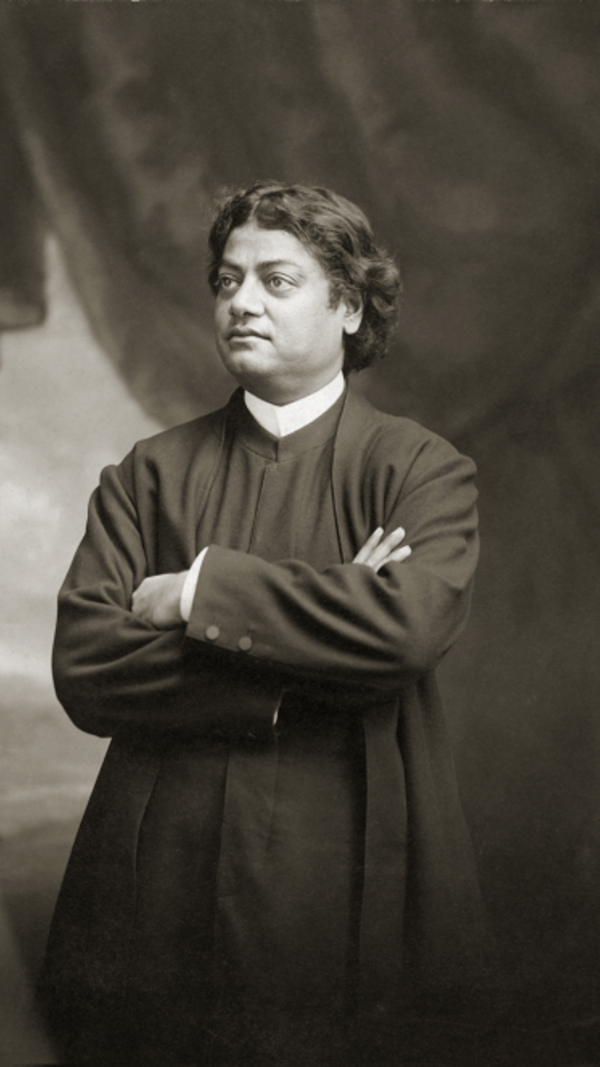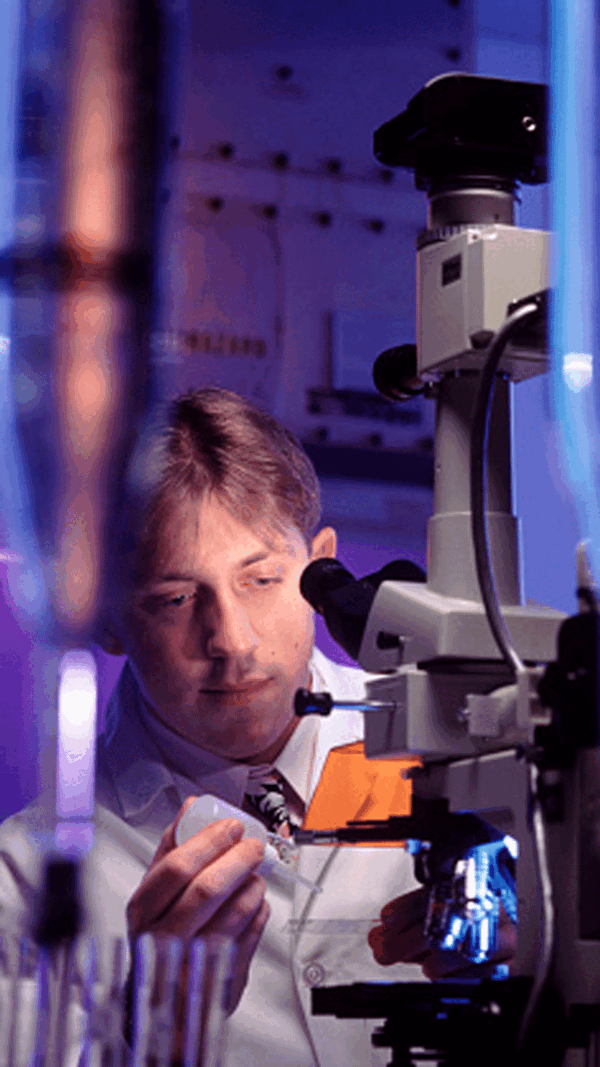- News
- Education News
- News
- IITs have always been open to diverse influences
Trending
This story is from August 4, 2020
IITs have always been open to diverse influences
The multidisciplinary nature of educational institutions recommended in NEP will definitely help the IITs to diversity into different areas

Image is used for representational purpose only.
The New Education Policy (NEP) policy approved by the Union Cabinet is all set to infuse the education system with some major changes including the move towards the IITs turning multidisciplinary and focussing on non-technical subjects. As holistic institutions, they are expected to open the doors for humanities students to learn more science at these technical institutes. By fostering a mutually symbiotic relationship between the technical and arts subjects, the IITs are expected to boost technical education with some college-level understanding of the fundamental arts and science subjects.
On whether such a move will dilute the core strengths of the country’s premier technical institutes, HRD secretary Amit Khare in a media report claimed that on the contrary, it is likely to improve their quality of research. He cited the instance of COVID that has a medical, scientific and social side which is all about behavioural change. Just as all three areas need to be addressed by practitioners of different fields, similarly, an institution, he said, is likely to be more effective if it is multidisciplinary and looking at all aspects.
“The multidisciplinary nature of educational institutions recommended in NEP will definitely help the IITs to diversity into different areas. We can now become more comprehensive in our course and research offerings,” says V Ramgopal Rao, IIT Delhi director.
He adds, “Engineers today need multidisciplinary skills, to become successful. It is no longer a ‘I’ model, but rather a ‘T’ model that counts. Depth in one area, but sufficient breadth in the allied areas is a key requisite. In the consumer electronics space, product design and aesthetics play as important a role as technology itself. A look at any mobile phone today may explain this better. Technologies are either invisible or beautiful. Engineers having product design skills are preferred over hard-core engineers.”
The thrust on multidisciplinary education would strengthen the holistic academic needs of new generation IITs as the older IITs, says
On whether such a move will dilute the core strengths of the country’s premier technical institutes, HRD secretary Amit Khare in a media report claimed that on the contrary, it is likely to improve their quality of research. He cited the instance of COVID that has a medical, scientific and social side which is all about behavioural change. Just as all three areas need to be addressed by practitioners of different fields, similarly, an institution, he said, is likely to be more effective if it is multidisciplinary and looking at all aspects.
“The multidisciplinary nature of educational institutions recommended in NEP will definitely help the IITs to diversity into different areas. We can now become more comprehensive in our course and research offerings,” says V Ramgopal Rao, IIT Delhi director.
He adds, “Engineers today need multidisciplinary skills, to become successful. It is no longer a ‘I’ model, but rather a ‘T’ model that counts. Depth in one area, but sufficient breadth in the allied areas is a key requisite. In the consumer electronics space, product design and aesthetics play as important a role as technology itself. A look at any mobile phone today may explain this better. Technologies are either invisible or beautiful. Engineers having product design skills are preferred over hard-core engineers.”
The Humanities and Social Sciences departments, says Rao, "are IITs’ windows to the society, since they help engineers identify the issues prevalent in them.” At IIT Delhi, the Cognitive Sciences programme is being championed by the Humanities department, an indication that the IITs have always been open to diverse influences.
The thrust on multidisciplinary education would strengthen the holistic academic needs of new generation IITs as the older IITs, says
Virendra Kumar Tewari, Director, IIT Kharagpur, already have a strong presence in this sector. He emphasises that IIT KGP is already offering microspecialisations, micro-credits and research programmes that are typically interdisciplinary. “We have specialised centres in these areas, such as the Rekhi Centre for Science of Happiness, the Academy for Classical and Folk Arts, and the law school focussing on Intellectual Property. We will be glad to work with the newer IITs in these areas should the opportunity arise.”
End of Article
FOLLOW US ON SOCIAL MEDIA










